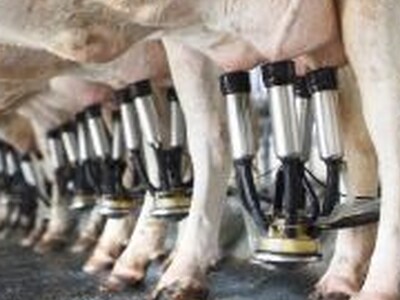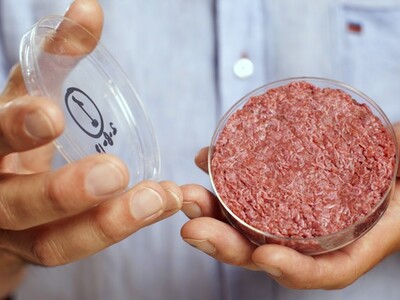Research suggests strategy to prevent E coli in cattle
Washington Ag Today May 26, 2010 Scientists, including Carolyn Hovde Bohach of the University of Idaho, have reported they have learned how deadly E coli bacteria sense the cattle gastrointestinal tract. In a recent issue of the Proceedings of the National Academy of Sciences, the researchers say the work “may provide an exciting alternative to diminish contamination of meat products and cross-contamination of produce crops because of cattle shedding this human pathogen.” Hovde Bohach says this publication shows for the first time how E. coli 0157:H7 uses chemical signaling to sense its environment and turn on different genes when it is in cattle. Disrupting that signal may prevent deadly E. coli from taking up residence in cattle. Strategies that could be employed are limiting the production of the chemical involved in the signaling or find a feed additive that would block the reception of the signal. Potato late blight is again expected in the Columbia Basin this year according to the Columbia Basin Late Blight Model. According to the Potato Blight Hotline no cases of the disease have yet been reported. WSU scientist Dennis Johnson provided this recommendation. Johnson: “Fields close to row closure should be treated with a protectant fungicide before any wet weather and then seven days later. Application intervals of 14 days do not provide good protection against late blight.” The Washington Late Blight Hotline is 1-800-984-7400. I’m Bob Hoff and that’s Washington Ag Today on Northwest Aginfo Net. ? ? ?


















